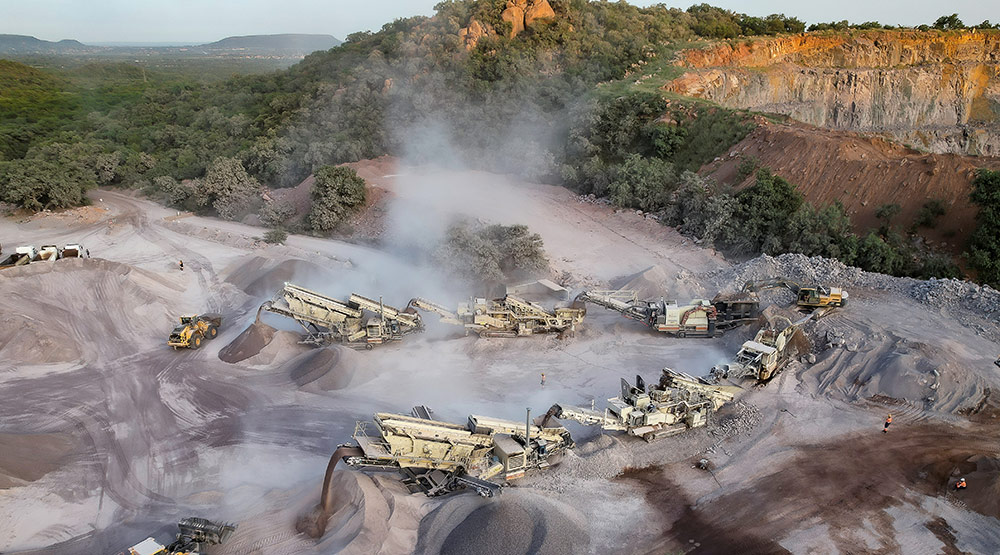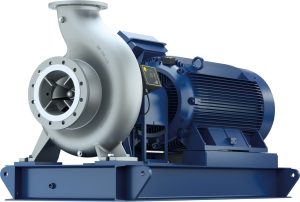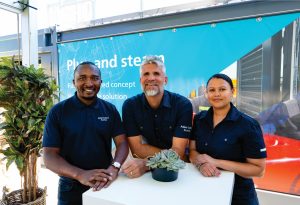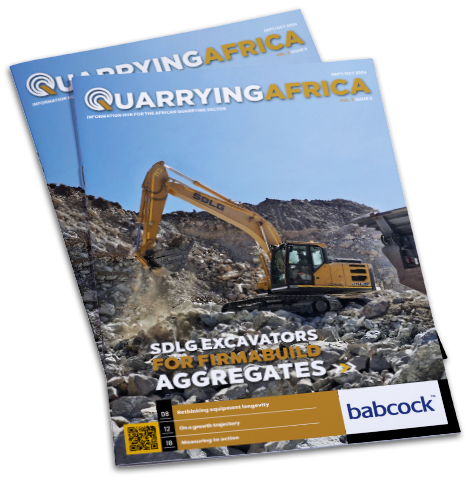Since its inception, the Danoher Group (Danoher) has established itself as a household name in the southern African quarrying/mining industry, providing a full basket of contracting services from drilling and blasting to crushing and screening (mobile and static).
Although the company has grown its footprint across the whole southern African region over the past few years, Danoher retains a strong presence in Botswana, the country where the business was founded in 2011. Having previously contracted for PPC, Danoher took control of the cement giant’s commercial quarry assets in October 2021, following the conclusion of the sales agreement between the two companies. The deal entailed the acquisition of three quarries – Kgale, Mokolodi and Francistown.
“Given that quarrying is our core business, it was therefore a natural fit for us to take over PPC’s aggregates business. The deal reinforces our commitment to Botswana – both from a commercial quarrying and a contracting perspective,” explains Scott.

Clean slate
Following the conclusion of the transaction, Danoher says all three operations needed a bit of attention. Consequently, the company has stopped using the fixed plant at the Francistown quarry and deployed a mobile crushing and screening train to process material. The Mokolodi operation has always been operated using Danoher’s contracted mobiles, and this will continue for the foreseeable future.
At Kgale, Danoher has also decided to start on ‘a clean slate’ by erecting a completely new plant. At the time of writing, construction of the new plant was almost halfway complete. The tertiary section was already up and running, with the front-end (primary section) still under construction. The total capital investment in the 350 tonnes per hour plant, as well as the associated mobile equipment, is about BWP50-million (about R70-million).
“Our focus during the first six months has been firmly on Kgale quarry, which currently constitutes about the bulk of our commercial quarrying business in Botswana. We have decided to run our mobiles at Francistown because the current market conditions do not justify a big capital investment in a new fixed plant,” says Scott.
“We remain flexible; however, we will change our approach if market conditions change. At the moment it makes business sense to run mobiles. Another big advantage is that whenever we have crushing contracts in the area, mobiles can be easily moved between projects and our commercial operation. We have recently completed a contracting project in Francistown and are in the process of producing stock to have material on the ground for the next six months,” he adds.

State of the market
With not many government infrastructure projects coming to market, the aggregates industry has had to contend with constrained market conditions in recent years. Francistown is particularly quiet at the moment, with very few active projects in the area.
While the Gaborone market, where Kgale quarry is key market player, also has no significant infrastructure projects underway, Scott says there is some activity to keep the quarry ticking. The brick and block manufacturing sector is currently the biggest market driver for Kgale, followed by readymix concrete producers involved in massive water related projects as well as providing services to the commercial and residential housing market.

“Botswana is currently driving its water infrastructure projects, with pipelines and reservoirs under construction to service water-stressed areas within the Greater Gaborone corridor. We are also supplying a few road projects as part of the ongoing upgrading of Gaborone roads’ network infrastructure project. One of the notable projects underway is the construction of three interchanges along the Western Bypass intended to ease the flow of traffic,” says Scott. “However, with two years still to go before the next elections, we believe that we will start seeing significant infrastructure projects being rolled out.”
Looking ahead, Scott says the company’s focus is on maximising customer satisfaction through reliable supply of quality products. “Since taking over, we have adopted a customer-centric approach to the business. We have a strong commercial sales team that takes every customer seriously, irrespective of whether they buy 10 000 t or 300 000 t of material per month. Every single customer is treated the same, all the way from the driver to the business owner. It’s these small interventions that make a huge difference,” concludes Scott.





